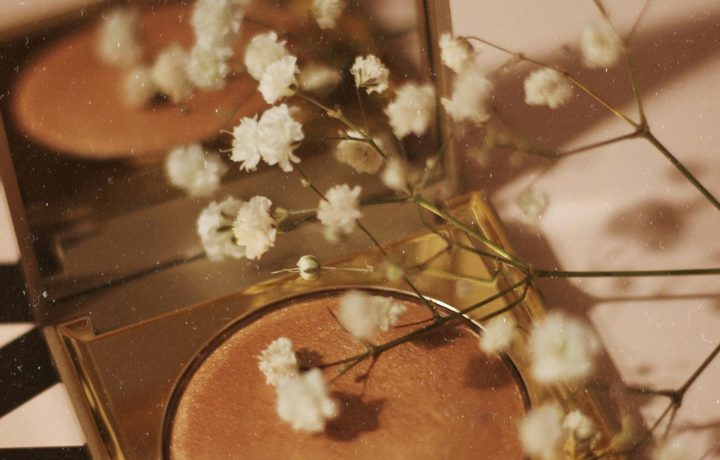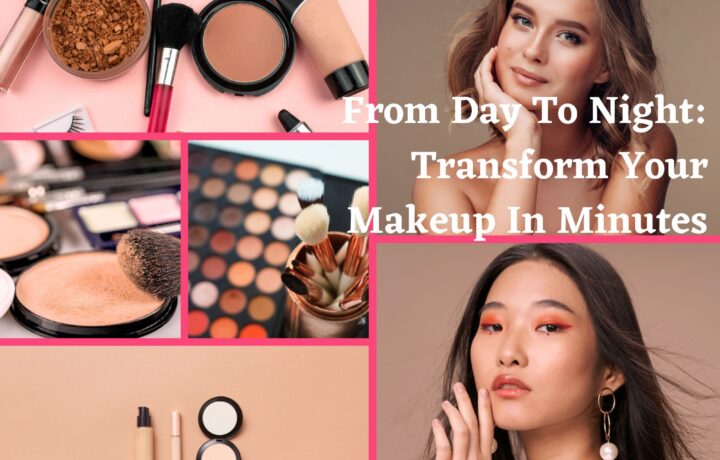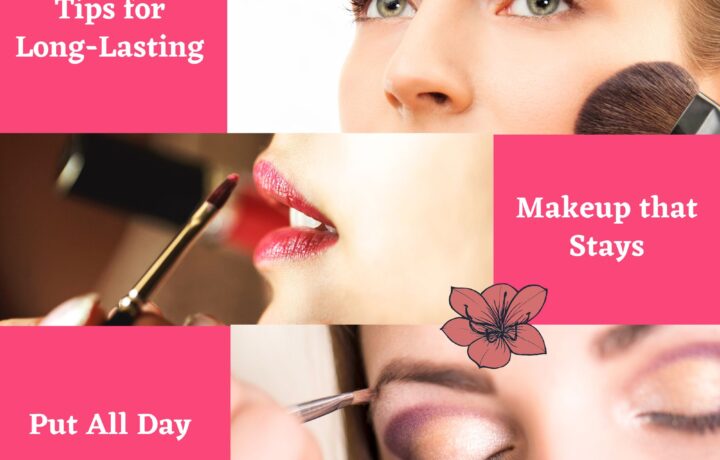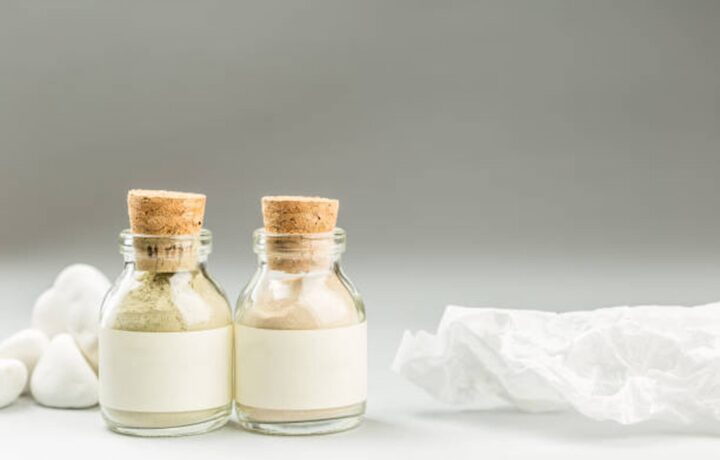There is an undeniable surge of organic products in the skincare sector. This fairly recent development has been gaining steam for a while. This was primarily driven by private-label manufacturers and smaller players. The dominant conventional players have a product that should endure a long journey from manufacturing to consumption. This requires the use of chemicals in the form of stabilizing agents and preservatives. Organic products also tend to have a wider range to choose from. It is normal to see local ingredients and customizations in the offering. This difference between the two types of manufacturers marks the separation between conventional and organic products. Conventional manufacturers have made attempts to include more organic and natural products in their range, but that is only a tiny part of their entire business.
Luxury skincare
The makers of luxury products in skincare do not fall into either category of manufacturers discussed above. Conventional manufacturers do have their premium line of products, but they are not quite exclusive enough to be called luxury brands. Similarly, there are a few organic manufacturers who may charge a premium for their unique products and the superior ingredients used in them. Without a reputed and established brand to back them, they will not be able to sell at prices that luxury brands command.
Consumer affinity for organic
Buyer of luxury brands is conscious of the shift in preference for organic skincare products. They realize that the superior quality of organic products is something that they deserve too. Initially, some brands acknowledged this need and moved towards products that appeared more organic. In a market that is a lot more sensitive to quality and does not care a lot about price, such half-measures fall short of getting the desired result. Now there is a more conscious and honest shift towards completely organic skincare products. Some brands like Bio Lab Exotique organic skin care were set up with this precise goal.
The future of skincare
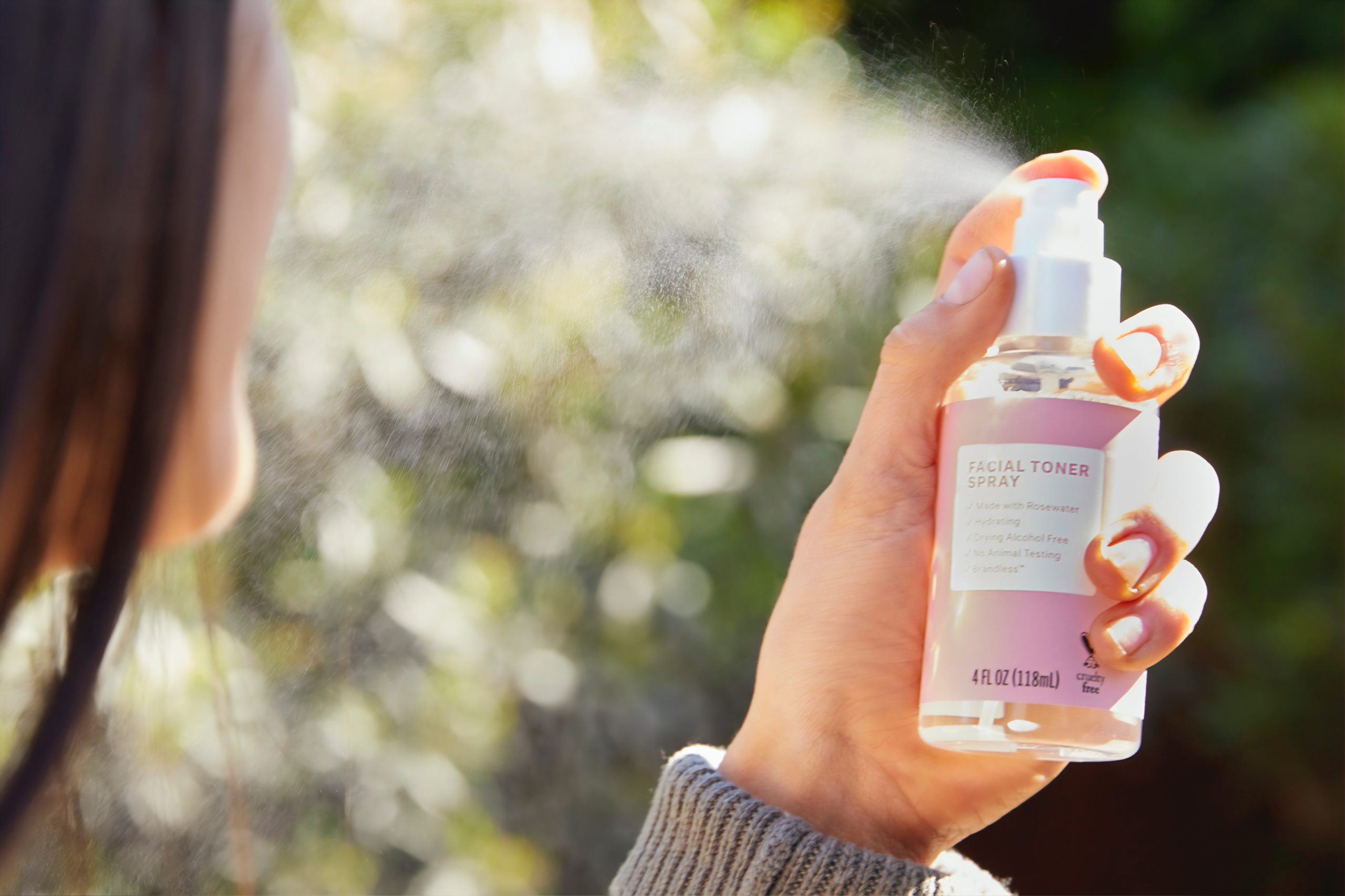
The future of skincare products is a little uncertain. There is a definite trend towards using more organic products. The skincare market is still dominated by conventional brands as they have a greater reach and capability to mass-produce. It may take a long time for organic products to rival the volume of sales that the bigger and more established brands see. The change might happen sooner in luxury skincare products. Unlike popular brands, luxury brands do not have to manufacture in large quantities. Their market is also concentrated and small and hence they do not face the logistical challenges faced by popular brands. Luxury brands need to wake up to this reality of changing preferences toward more natural and organic products.
Luxury brands rely a lot on reputation. Conventional brands have survived a lot of PR disasters when it comes to cases of animal testing, potentially harmful ingredients, etc.
Distasteful advertising or an insensitive comment can also cause lasting damage to a brand. A big conventional brand may be able to overcome that in a while, but a luxury brand may not survive.

